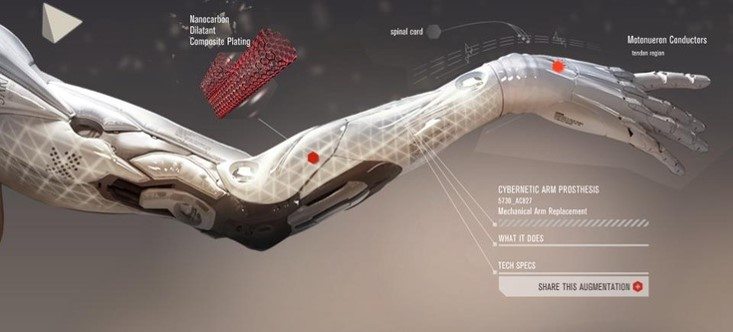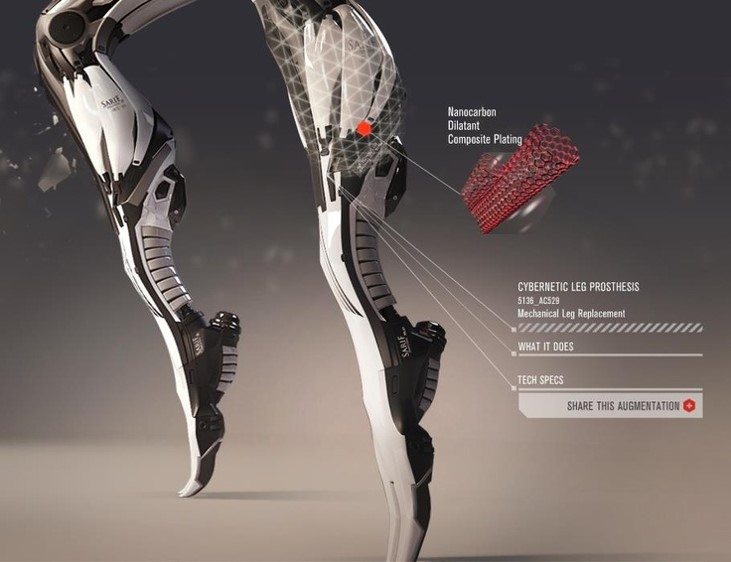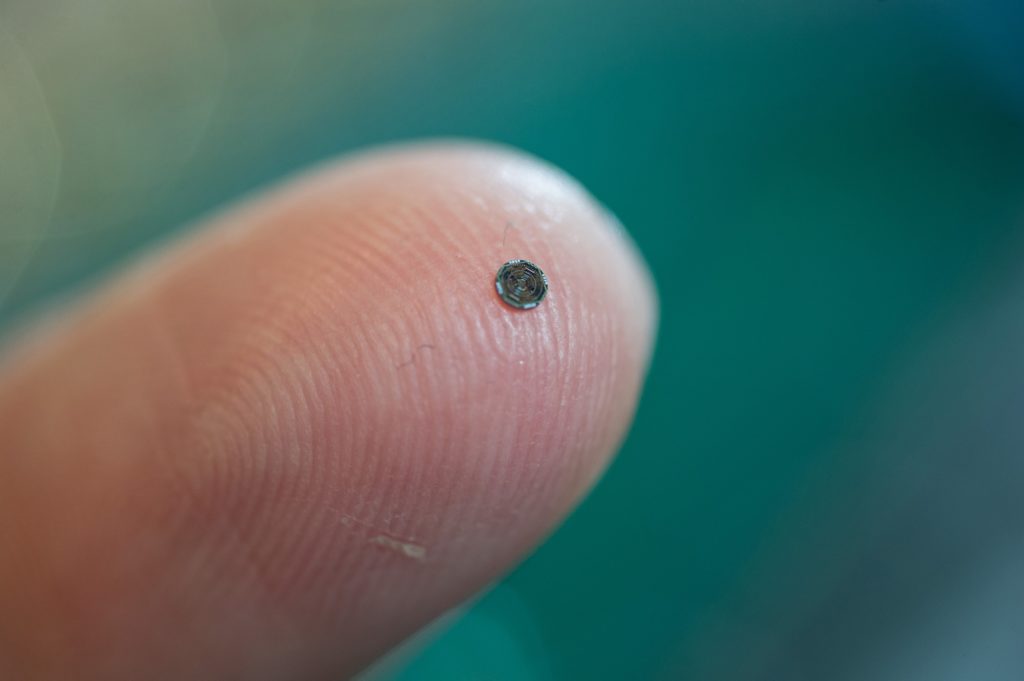
I know I talk about banking and technology most of the time, but I also have other topics of interest. Art, history, travel, fine wine … although I obviously look at them all from a banker’s point of view and wonder what it’s worth.
All that said, one of the biggest areas of surprise in my life is how science fiction has so rapidly become science fact. I’ve blogged about this before, and the fact that Star Trek invented the mobile telephone …

… flat screen HD-TVs …

… microwave ovens …

… and more. Bearing in mind the series was made in 1966, well before any of these items were envisaged, it was pretty revolutionary.
However, those items are minor compared with what is happening today, as we breathe. Every day there’s an announcement that stuns me, so I thought that this week I’d glimpse into the future a little bit in a six part series that looks at how life, our homes and structures and travel are changing. Oh, and banking and insurance of course. Each day I'll post something about the biggest future trend and then the financial markets response to that trend. Is should also stress that the series is not exhaustive. I am going to miss a few bits. It’s just to cut the ice on how things are changing and what it means to financial services.
The Quest for Eternity
Life sciences is extending lifetimes by decades. There are predictions that a child born today could live till 2166 … 150 years. We can take almost any part of the body and grow it in beakers.
That is fantastic for replacing defective parts. Another Star Trek success sneaks in here too, with Bones’ body scanner becoming an effective tool for our doctors today.
Equally, when we talk about science fiction to science fact, we only have to look at another iconic 1970s series The Six Million Dollar Man. The opening lines pretty much sum up the theme of the program:
Steve Austin, astronaut. A man barely alive. We can rebuild him. We have the technology. We have the capability to make the world's first bionic man. Steve Austin will be that man. Better than he was before. Better... stronger... faster.
The series is more popularly remembered as the story of the bionic man. A man who had almost died, but the US Government spent $6 million (around $33 million today) to replace most of his body with robotic replacements. Similar to Robocop in concept, a person could pretty much die but be kept alive by bionics and other life science technologies.
Well we now do that stuff. People’s parts can be replaced pretty easily. As mentioned, we can grow them in beakers, 3D print them or just add on a replacement where needed.
I have the thought that in twenty or thirty years, we won’t need an Olympics and Paralympics as some people will choose to replace parts of their body with faster versions. As a result, fit people with replacement parts will compete alongside less abled people who have enhanced or replaced their defective parts.
Similarly, there was a 1960s sci-fi movie Fantastic Voyage with the idea of shrinking humans to a size where they could be injected inside a body to save a man. Well there’s no need to shrink humans anymore. Just put some nanotechnology inside, such as this HD camera ...
... and the doctors can see in high definition what’s going on inside you whilst operating from the outside.
Oh, and don’t think the doctor is going to be a human. It’s a robot. After all, a robot can operate on a million patients with zero errors. Try to keep up with that record with human doctors and nurses.
Meanwhile, although we may be living longer, we will also be born on time.
For example, I couldn’t believe the story last week about the baby born twice. The first time she was operated on at 23 weeks in the womb to remove a tumour, and was successfully brought to term afterwards. It’s like the discussions of having babies born with three parents, in order to remove defective DNA that might lead to birth with inherited diseases. That is justified, but the concerns are that parents will use these techniques to create designer babies.
Even more stunning is what the scientists are starting to achieve in building artificial wombs. Today, a baby can only survive outside the womb from about 22 weeks, as it needs that time to get all the mother’s nutrients from the bloodstream. Even then, two out of three born at that age are likely to suffer longer-term complications. However, that may change if we can nurture an egg outside the womb, and that’s exactly what scientists are trying to achieve and have been doing so since 1924, when J. B. S. Haldane predicted that 70% of human births would be from artificial wombs by 2074.
The era of motherless births is coming, but they can also have fatherless births by using artificial sperm. Who needs love, when you can have a designer baby all of your very own with no partner involved? Oh, and your baby lives forever.
As I said, science fiction is rapidly becoming science fact and, tomorrow, we’ll take a look at the how these developments will impact financial services.
Chris M Skinner
Chris Skinner is best known as an independent commentator on the financial markets through his blog, TheFinanser.com, as author of the bestselling book Digital Bank, and Chair of the European networking forum the Financial Services Club. He has been voted one of the most influential people in banking by The Financial Brand (as well as one of the best blogs), a FinTech Titan (Next Bank), one of the Fintech Leaders you need to follow (City AM, Deluxe and Jax Finance), as well as one of the Top 40 most influential people in financial technology by the Wall Street Journal's Financial News. To learn more click here...






